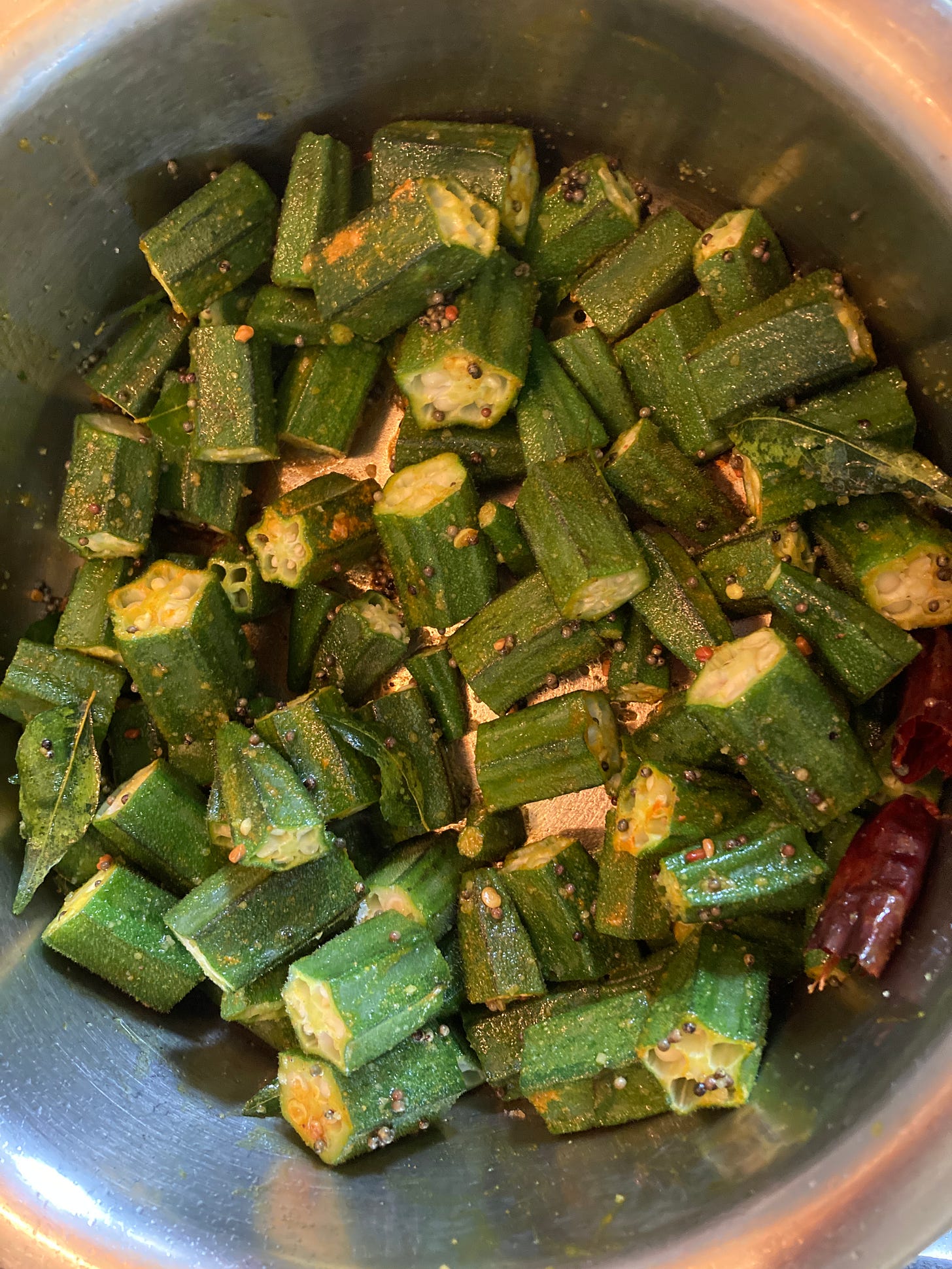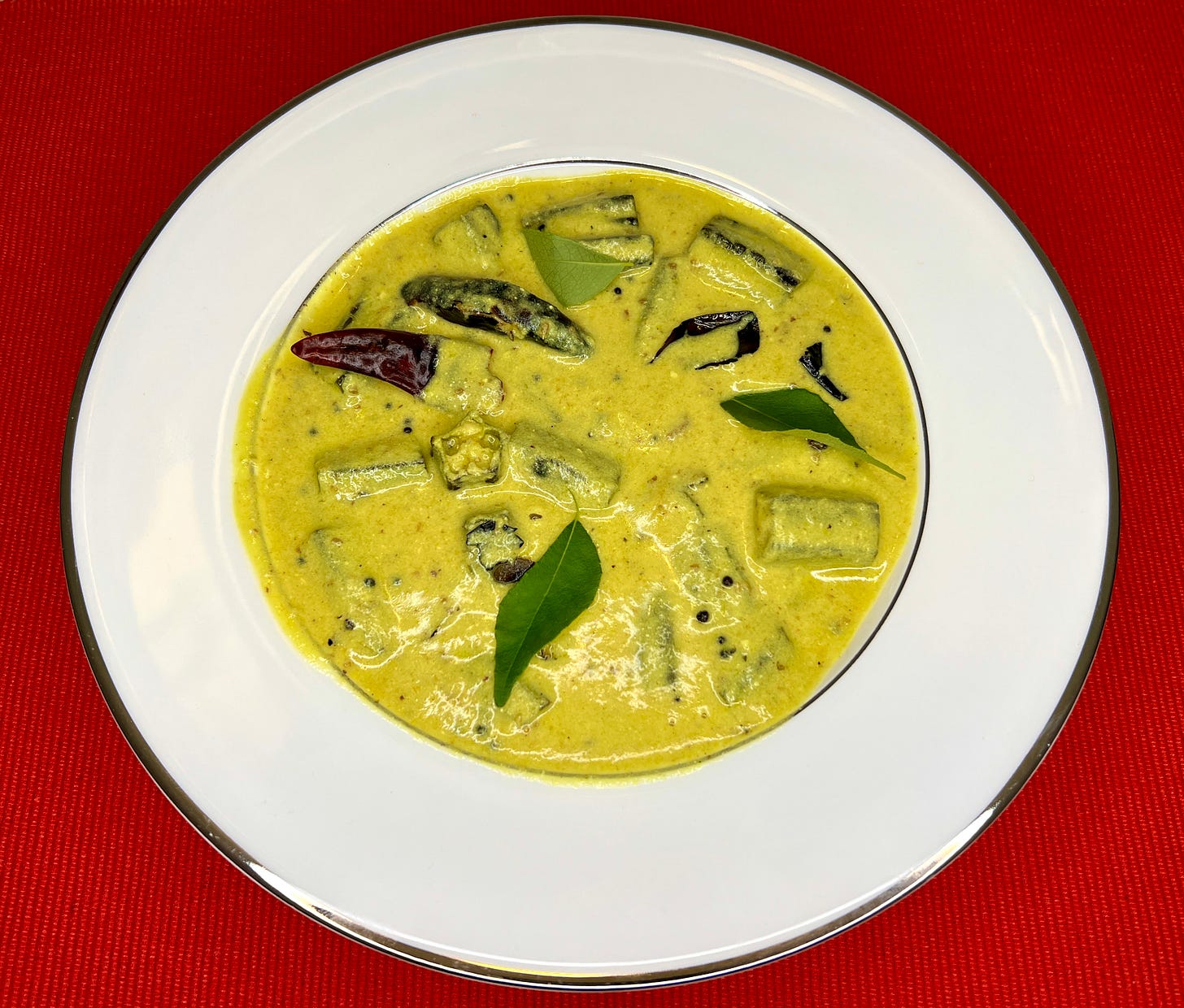I’ve had many occasions to think about my identity/identities during my years in Oman, where I have lived for the past nine years. We moved here in September 2013, my husband, my nine-month-old son, and me. And we moved for a job for me. My husband was willing to be stay-at-home dad for a while. So I moved as a college professor of many years.
To my students, 90% of them year after year: I am Miss. Even after schooling them on correct titles, I stay Miss. And when my husband taught his first class while working on his Ph.D., and he was automatically Dr. Hopkins. Because he couldn’t be anything else.
And then, to the students who get to know me very well, often upon completing courses with me: I become Um Rehaan. Rehaan’s Mother. This is a term they use very affectionately, which is not the only reason for my fondness of the title. Why not Um Tulsi? Because Rehaan is my first born.
(And, to be fair, male professors are also affectionately known by their close friends as Abu-name-of-first-born.)
To the cashiers or other workers at the grocery store: when my husband and I go out shopping together, oh she must be the nanny. I am rarely given a second glance. Brown woman with a white man. Couldn’t be anything else. And lest you think I am misjudging them, here’s this. To those same people, the cashiers and other store workers when the whole family goes to the grocery store, or to a restaurant, or to any public place, when the kids are examined from closer quarters, utter confusion written large on their faces (the kids are a good mix). Till they inevitably ask me, wonder in their voices…is he… your husband? And upon hearing my response, the confusion is replaced by awe; their nonchalance for me replaced by respect. Oh Masha Allah! An expression used to congratulate one on one’s good fortune. Because I am so fortunate to be married to a white man. (Now this is not to say I am not fortunate – he is a very good man.) And after that, Masha Allah, what beautiful children you make. You should have more.
To most male neighbors on the campus we live on: I am Eric’s wife. And my kids’ mum.
To most people on campus who know us – Middle Easterners, North Africans, and many, many South Asians: I am a very lucky woman. Because I have a husband who looks after the…er… his kids. He is so good with the children, you are so lucky. Oh and he can cook? And underlying this is a clear accusation: but you don’t cook? And while he gets the kudos for being a good father, I am judged for being less of a mother. Less of a wife. Never mind that I bring in the income.
And again, don’t get me wrong. I am truly appreciative of what my husband does. As is he for what I do. We are partners, in the true sense of the term. And we recognize and appreciate how very fortunate we are.
And I write this, truly, from a place of peace. It is what it is.
But lest you think that this is just life in the Middle East, specifically, or characteristic of the non-western world, more generally, let me hasten to relieve you of that notion.
My children go to a British school. And in addition to, naturally, being Rehaan’s and Tulsi’s mum, to the school authorities, very proper British ladies who remind me of my old boarding school Matron, I am Mrs. Hopkins. Despite the many occasions on which I have said that my last name is not Hopkins. Aren’t you married to their father, I have been asked. I’ve stopped trying.
And most egregious to me – the context from where arise most vociferous protestations about women’s identities in other parts of the world. A context where neither motherhood nor womanhood are respected or supported. A context that the rest of the world has been looking at with horror and disbelief over the past several years, and much more in the past few months.
A context, where in 2022, Jill Biden is Mrs. Joe Biden.
So why, then, did I write the first part of this from a place of peace? Well, while my identity for the past nine years has been largely tied to my husband and children, my peace stems largely from the fact that, despite the questioning of my mothering because of work, and despite being mistaken for a nanny simply because of the color of my skin (in conjunction with my association with a white man), motherhood (and wifehood, but that is less relevant here) is respected. And appreciated. And for me, that makes up for a lot.
So for today’s recipe, I go back to my earliest identity – a girl born into a South Indian family, and raised with a love for south Indian food. Today, I give you a very South Indian recipe. A morekozhambu is a sauce made of yoghurt, and flavored with ginger, chillies, coconut, and cumin seeds. You can make a morekozhambu with a variety of vegetables, and one of my favorites has always been okra. So today, I give you our household’s okra morekozhambu.
Okra Morekozhambu
Ingredients (serves 4)
1. 1lb or about ½ kg okra, cut into 1-inch pieces
2. 2 Tbsp vegetable (or any neutral-flavored) oil
3. ½ Tbsp mustard seeds
4. 2 dry red chillies
5. 2 sprigs curry leaves
6. ½ tsp turmeric
7. ¼ tsp asafoetida
8. ½ tsp fenugreek seeds
9. 1 cup fresh grated coconut. In a pinch, you can use dry desiccated coconut, but in this recipe, fresh coconut tastes amazing.
10. 4 green chillies (or to taste)
11. 2 Tbsp grated or finely chopped ginger
12. ½ Tbsp cumin seeds
13. 2 cups plain yoghurt
14. 2 Tbsp chickpea flour (besan)
15. 1 cup water
16. 2 tsp salt
Method
1. Heat the oil in a heavy-bottomed skillet. When the oil is hot, add the mustard seeds and allow them to pop. As they pop, turn the heat down to low so they don’t burn.
2. When the mustard has popped, add in the fenugreek seeds, curry leaves, red chillies, turmeric, and asafoetida. Cook for about 10 seconds and then add in the cut pieces of okra and 1 tsp salt.
3. Cook on medium-low heat without a lid on, stirring occasionally, for about 7-8 minutes
4. After about 8 minutes, turn the heat down a bit and continue cooking for an additional 7-8 minutes till the okra is close to cooked. At this stage, the skin of the okra looks dark and a bit blistered.
5. While the okra is cooking, blend together the coconut, green chillies, ginger, and cumin seeds with as little water as possible. Blend to a coarsish paste.
6. Add this coconut mixture to the cooked okra, and allow it all to cook together on low-medium heat for about 6-7 minutes, stirring occasionally.
7. While this is cooking, whisk the yoghurt, water, and chickpea flour together. Whisk well to ensure that there are no lumps.
8. Add this to the okra-coconut mixture. Bring to a boil, stirring, and allow it all to cook together for about a minute. Bringing it to a boil ensures that the chickpea flour cooks. Once it boils, continue cooking just for a minute and turn off the stove.
9. Serve with rice, or a bread of your choice, or simply eat it plain.
10. When I made it, I served it with plain boiled toor dhal mixed with hot rice with a healthy dollop of fresh ghee, and a snake gourd curry (the recipe for which you will get sometime soon). It doesn’t get much more South Indian than this – and this is, still, one of my dad’s favorite meals.









So, planned to try it. Bought some lovely-looking okra at the farmer's market. A week races by (it's that time of year in English Ed.) A weekend races by. Half of a second week passes, there's not a lot in the vegetable drawer except the now-somewhat-aged okra, and Brian says, "It's time to try the okra morekozhambu." (Well, he didn't quite put it that way, but that was the gist.) Shall I? I say. But the dog needs a walk. "I will make this while you walk the dog," says Brian, and sets to work. A creek dip and a couple of dominance interactions later, I get a phone call: "um, so I made the paste, and I blended the yogurt...and then I took the okra out of the fridge. That was the wrong order." Yes: the okra had gone over, heartbroken from neglect. "I could go to Ingles and try for more okra, "I say, "OR..." "Or?" "Or, there's a nice mild-flavored cauliflower in there that would just beautifully take up any flavor you cook it with." "Hmm." "Yes...hmmm." The result was cauliflower morekozhambu, and while it's a bit of a jugaad, it was still pretty awesome, and will be even more so tomorrow lunchtime over rice in the fourth-floor Coulter lounge. Great recipe! :-)
Brings back fond memories of Oman. I lived there for 9 years. Many thought I was my child’s nanny because my son was very fair and because I had dark skin 😂🤣